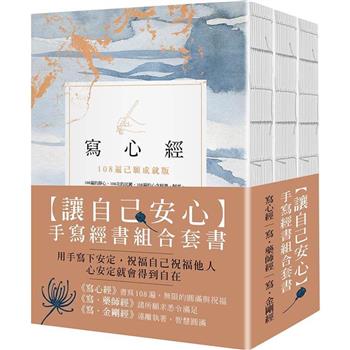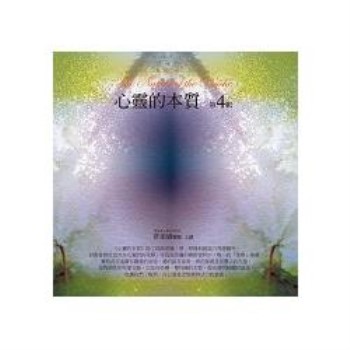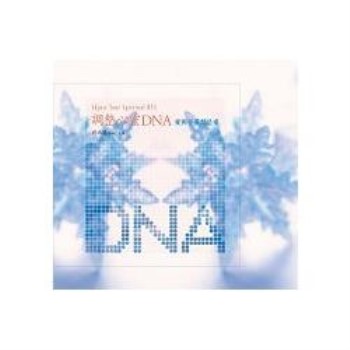This book explores how the United Nations (UN) attempts to stabilise and justify an ambivalent meaning of protection and its socio-political roles in the Protection of Civilians agenda. Negotiating between different notions of translation, the research takes the Community Liaison Assistants (CLAs) as an analytical prism to complexify the efforts to construct representations of protection. Created alongside the United Nations Stabilisation Mission in the Democratic Republic of the Congo (MONUSCO), the CLAs are local staff tasked with improving the mission’s engagement with the local population, given their supposed linguistic-cultural skills. The CLAs are also part of the stabilisation turn in UN doctrine, adhering to counterinsurgency tactics and instrumentalising language and culture to obtain intelligence and support of the local population. Following a poststructuralist and postcolonial approach inspired mainly by the works of Jacques Derrida and Homi Bhabha, this book proposes deconstructing the representations applied to the CLAs by analysing the discourses presented in the UN reports and doctrinal documents.
| FindBook |
有 1 項符合
The Un Community Liaison Assistants and the Politics of Translation: Mediating Protection的圖書 |
 |
The Un Community Liaison Assistants and the Politics of Translation: Mediating Protection 作者:Motta 出版社:Palgrave MacMillan 出版日期:2024-08-02 語言:英文 規格:精裝 / 普通級/ 初版 |
| 圖書館借閱 |
| 國家圖書館 | 全國圖書書目資訊網 | 國立公共資訊圖書館 | 電子書服務平台 | MetaCat 跨館整合查詢 |
| 臺北市立圖書館 | 新北市立圖書館 | 基隆市公共圖書館 | 桃園市立圖書館 | 新竹縣公共圖書館 |
| 苗栗縣立圖書館 | 臺中市立圖書館 | 彰化縣公共圖書館 | 南投縣文化局 | 雲林縣公共圖書館 |
| 嘉義縣圖書館 | 臺南市立圖書館 | 高雄市立圖書館 | 屏東縣公共圖書館 | 宜蘭縣公共圖書館 |
| 花蓮縣文化局 | 臺東縣文化處 |
|
|
圖書介紹 - 資料來源:博客來 評分:
圖書名稱:The Un Community Liaison Assistants and the Politics of Translation: Mediating Protection
內容簡介
作者簡介
Victoria Motta de Lamare França works as a Research Assistant at the Centre on Conflict, Development, and Peacebuilding (CCDP) and as a Teaching and Research Director at the Debates Pós-Coloniais e Decoloniais Extension Project. Currently, she is pursuing a PhD in International Relations and Political Science at the Graduate Institute of International and Development Studies.
|










